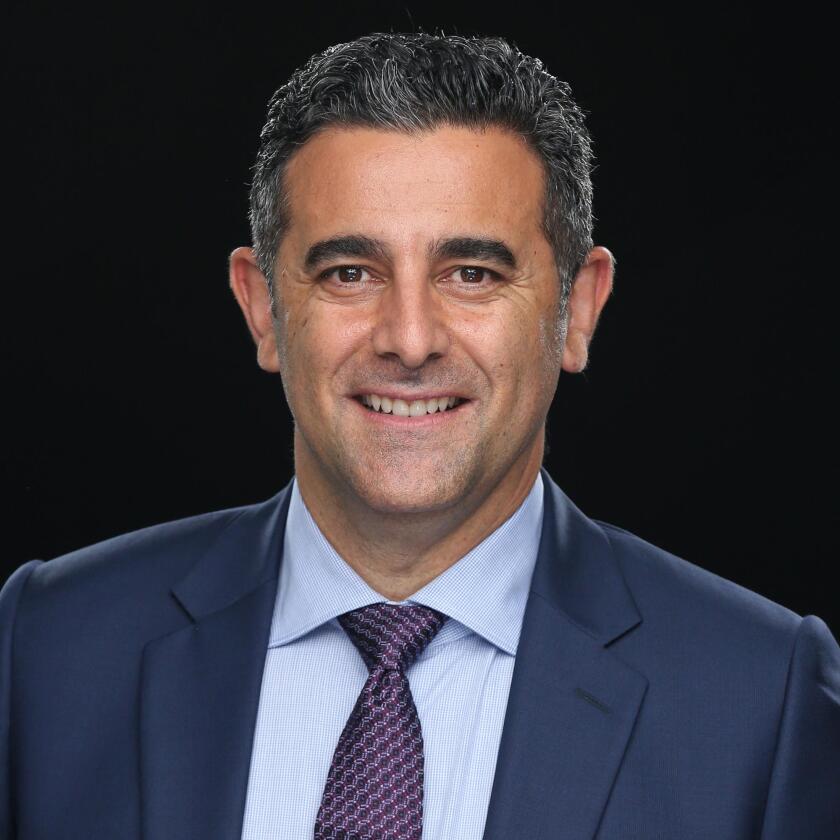Welcome to the latest instalment of Managing IP’s ‘Five minutes with’ series, where we learn more about IP lawyers on a personal as well as a professional level. This time we have Frank Azzopardi, partner at Davis Polk in New York.
Someone asks you at a party what you do for a living. What do you say?
My elevator pitch is that I’m a commercial transactions lawyer. The focus of my practice is primarily on the exploitation of IP and technology in that I often help companies commercialise and leverage intangibles, but I am a deal lawyer who strives to help clients achieve a good commercial outcome.
Talk us through a typical working day.
It’s never typical! But often it will involve calls with clients, negotiations with counterparties and sitting with the team to discuss issues of the day or deliver feedback on our deals. On top of the client work, I’m also thinking strategically about business development and potential greenfield opportunities for our practice.
What are you working on at the moment?
I’m working on a transformational project in collegiate sports; helping many airlines in the US and around the world secure much-needed financing through bespoke financial structures that leverage their loyalty programmes assets; and participating in a major project on the west side of Manhattan, which could reshape the city.
Does one big piece of work usually take priority or are you juggling multiple things?
For me, I’m always juggling. With the nature of my practice, it can often feel like a balancing act given that I can be working on 30 matters at any particular point in time.
What is the most exciting aspect of your role and what is the most stressful?
I really enjoy cultivating talent—and the overall recruitment process—and seeing that talent reach its full potential. I have promoted three partners internally in my group and it’s been extremely rewarding to see their growth. The most stressful part of my job is ensuring that we continue to grow the practice so there is no limit on our lawyers’ career trajectories.
Tell us the key characteristics that make a successful IP lawyer.
Unlike other asset classes, IP can be sliced and diced in various ways. An IP lawyer should always try to think creatively and practically about the best way to allocate those rights and leverage them in a way that allows the client to realise the fullest potential of the IP.
Also, thinking about a deal holistically as a commercial transaction rather than an academic exercise is fundamental. Transactional practice, especially when dealing with intangibles, is never a zero-sum.
What is the most common misconception about IP?
A common misconception is that you need a technical background to be an IP lawyer.
Understanding technology and being intellectually curious about the commercial potential of technology is important, but one need not have a technical degree to practice successfully.
What or who inspires you?
Acts of selflessness—where people are willing to give a big part of themselves physically, emotionally, and intellectually to achieve an outcome for a client or the firm—is what drives me to be the best version of a leader I can be.
Seeing so many talented people in my group do this on a daily basis is truly inspiring and energising.
If you weren’t an IP lawyer, what would you be doing?
I have always been fascinated by bankruptcy law and the huge competitive advantage it provides the US economy relative to the rest of the world. For this reason, I’ve enjoyed the intersection of IP and bankruptcy since I moved to New York from Australia over 22 years ago. I think I would have pursued bankruptcy law in another life had I not loved being an IP practitioner so much.
I also love music and the arts, so if I wasn’t a lawyer, it would be something in that realm.
Any advice you would give your younger self?
Treat your career as an adventure. Don’t be afraid to be fearless and try new things. Plan where you want to go, but also be open to where the journey may take you.










